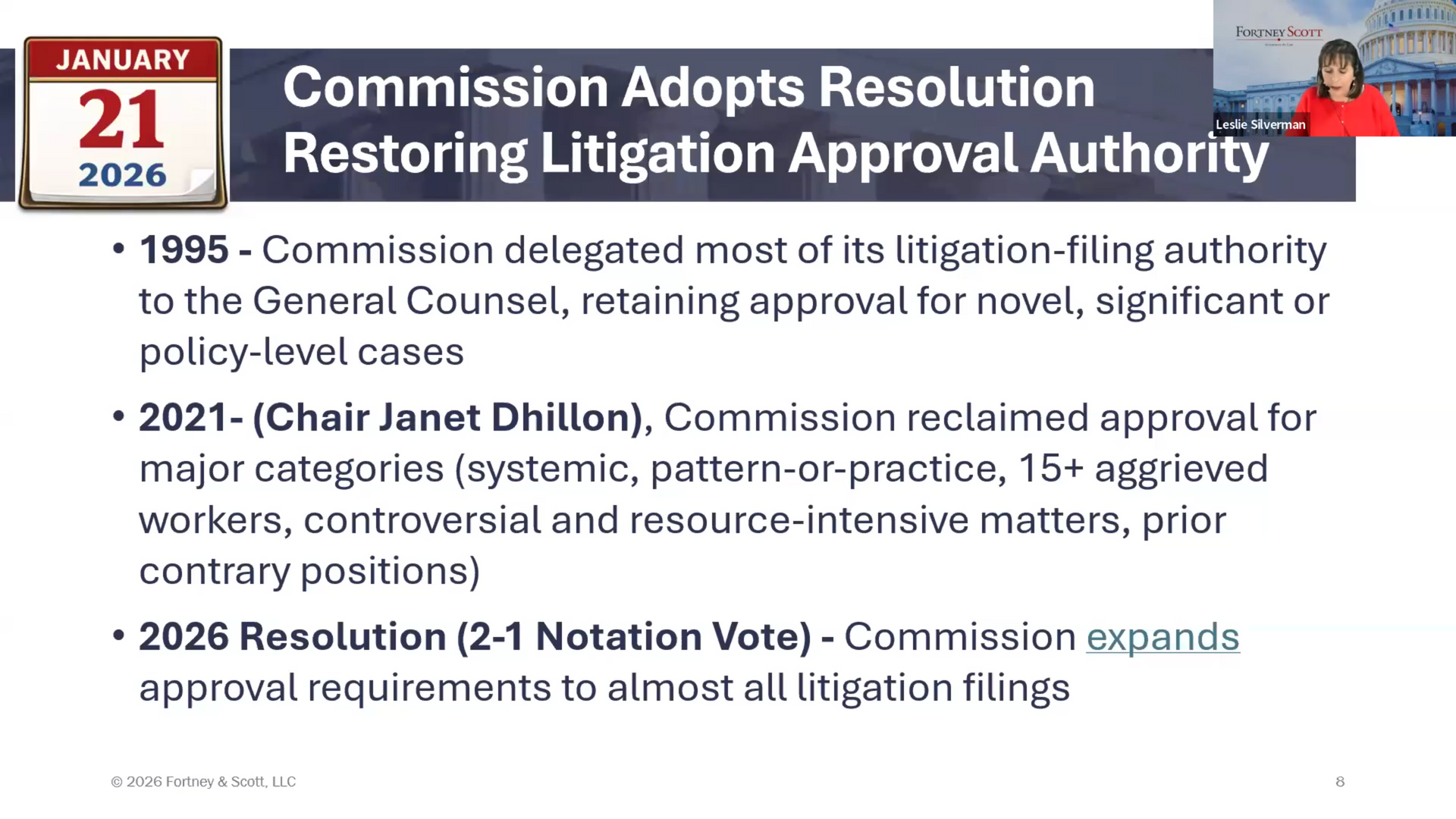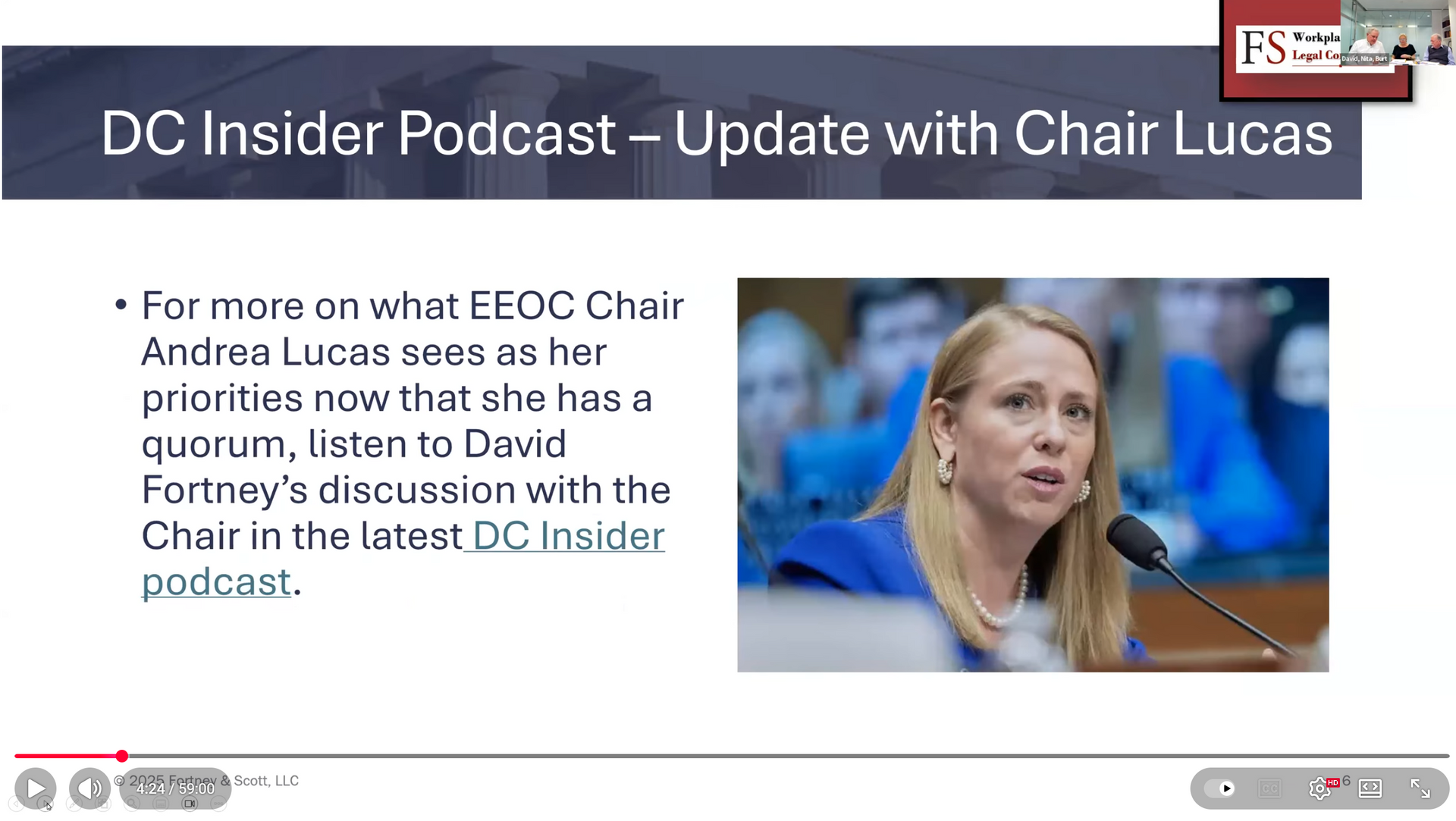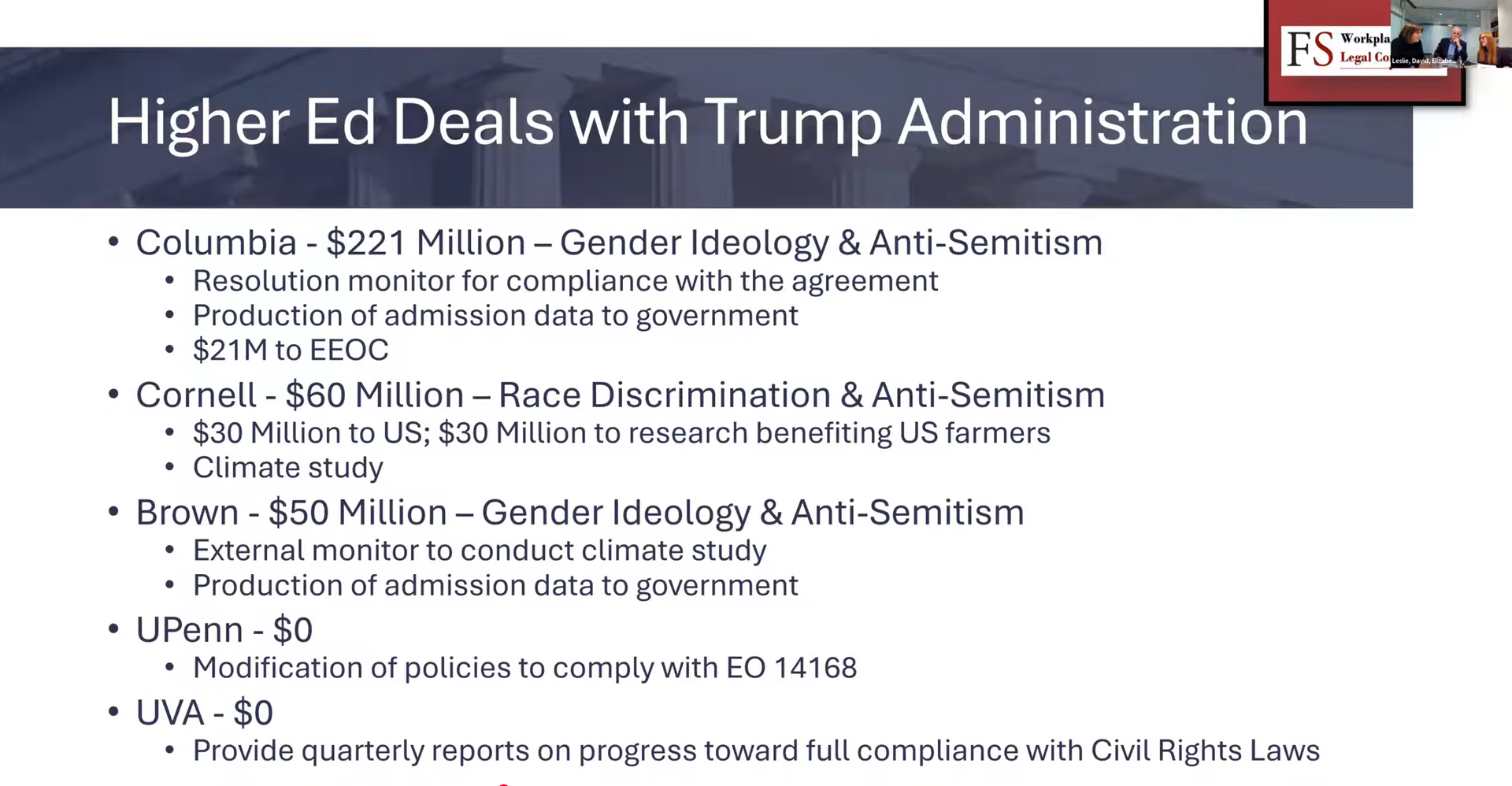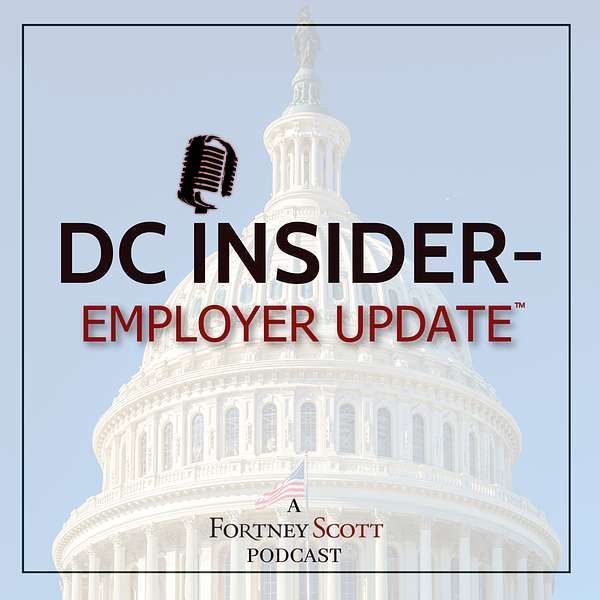Supreme Court Rules Class Arbitrations Can Be Barred By Agreement
The issue before the Court has been brewing since the NLRB’s D.R.Horton ruling in 2012. In a break with precedent, the Board ruled that class action prohibitions in arbitration agreements violated Section 7 of the National Labor Relations Act’s (“NLRA”) guarantee of collective action and, thus, was a valid exception to the strict requirement of the federal Arbitration Act (“FAA”). The FAA, a law otherwise broadly supporting arbitrations, includes a “saving clause,” which permits courts to refuse to enforce arbitration agreements “upon such grounds as exist at law or in equity for the revocation of any contract.” §2. Appeals courts have split on whether D.R.Horton expressed the proper application of the FAA in class arbitration cases and the matter was ultimately brought to the Supreme Court.
The Court majority found little ambiguity in the applicable laws. Among the rationales upon which the majority based its ruling were its conclusions that the saving clause was intended to save defenses arising from state law and federal statutes and, as a law of general application, saving clause in the FAA “permits agreements to arbitrate to be invalidated by ‘generally applicable contract defenses, such as fraud, duress, or unconscionability,'” (citing AT&T Mobility LLC v. Concepcion , 563 U.S. 333, 339 (2011). The Court noted “this means the saving clause does not save defenses that target arbitration either by name or by more subtle methods, such as by ‘interfer[ing] with fundamental attributes of arbitration.'” Id., at 344.
Thus, the lengthy judicial – and philosophical – battle among jurists and workplace participants has ended. The “saga” of D.R.Horton has ended and arbitration agreements prohibiting class actions are licit.
The Court also rejected the argument that the NLRA, passed subsequently to the FAA, implicitly “amended” the prior statute or otherwise altered its effect. Commenting that the NLRA focuses on the right to form unions and bargain collectively, the Court pointedly notes that the NLRA is silent with respect to arbitration and shows no intent to modify the FAA. The Court dryly states
Our rules aiming for harmony over conflict in statutory interpretation grow from an appreciation that it’s the job of Congress by legislation, not this Court by supposition, both to write the laws and to repeal them. Slip Op. at 10
and goes on to note that the Supreme Court has consistently rejected attempts to “conjure” conflicts between the FAA and other states.
No report of this decision can be complete without noting the acerbity of the language in both the majority decision and the lengthy dissent. The 5-4 decision once again split the High Court along ideological grounds and the “battle lines” were once again distinctly drawn: the role of legislative history, the importance of legislative intent, the extent of judicial “activism” or “restraint” on behalf of whom. Justice Gorsuch also took this opportunity to articulate his position on the limits of the Chevron decision in parsing asserted “statutory ambiguities.”
In sum, Epic Systems can be read as a simple and straight-forward decision permitting the use of arbitration agreements that prohibit class actions. To careful readers, this decision indicates that a number of battles have yet to be waged on issues of workplace practice and social policy. And the make-up of the Court may be a chief determinant of the outcomes.
















